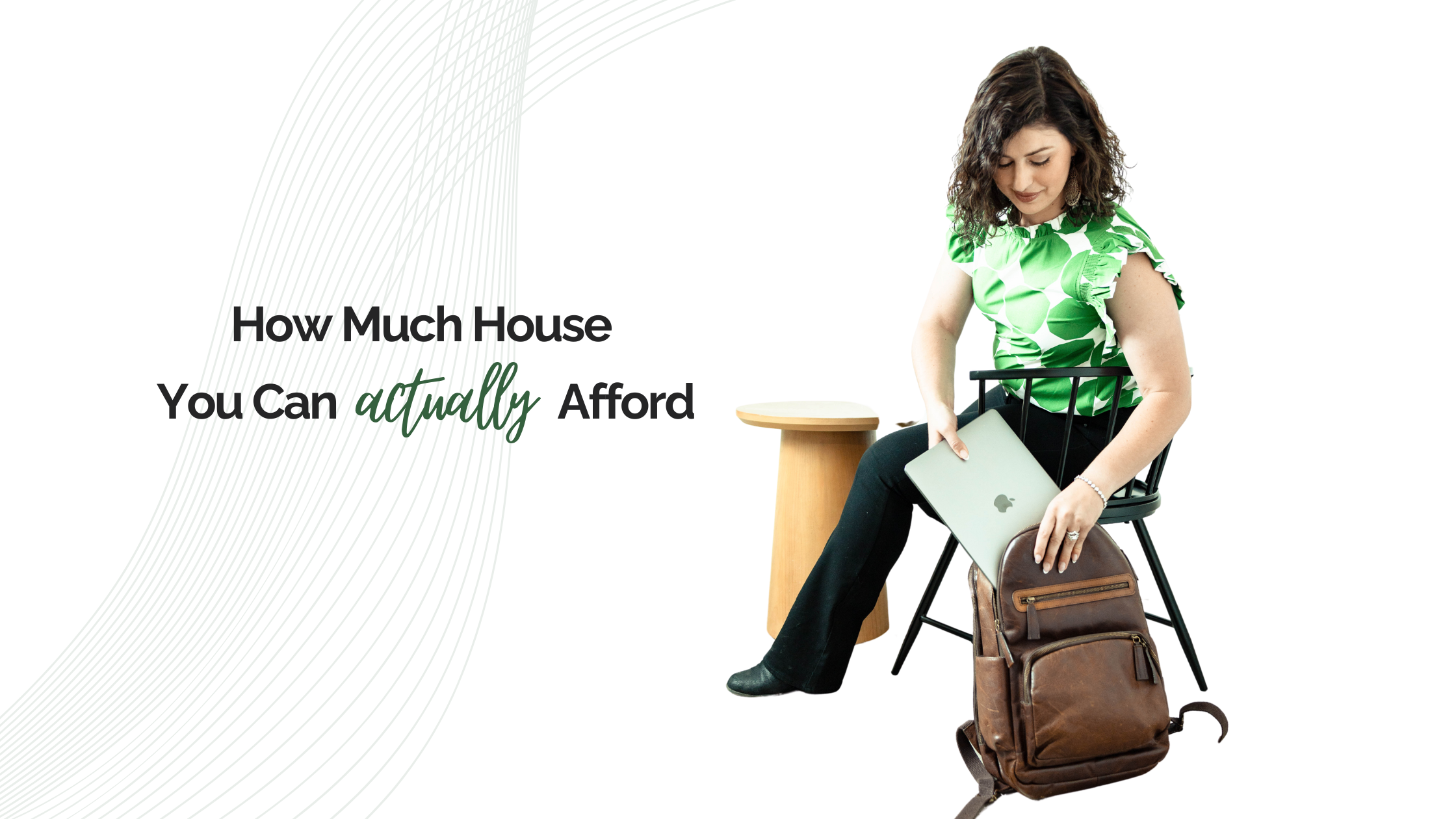If you’re in the market for a new home, first off, congrats! It’s an exciting journey. But let’s be real for a second—figuring out how much house you can actually afford can be a bit tricky. It’s easy to get caught up in the excitement and start dreaming big, but I’m here to give you a friendly reminder: don’t overextend your budget.
The Temptation to Stretch
I get it. You’ve found your dream home. It’s perfect in every way, and the thought of letting it slip through your fingers is unbearable. So, you start thinking, “Maybe I can stretch my budget a little bit more.” Sound familiar? While it might be tempting to push your finances to the limit to snag that perfect place, it’s crucial to step back and consider the bigger picture.
Monthly Payments: The Real Deal
Here’s the thing: just because a lender is willing to approve you for a $300,000 loan doesn’t necessarily mean you should take it. Sure, getting that approval feels like a win, but the key is to focus on what you can realistically handle on a month-to-month basis. Mortgage payments, property taxes, insurance, maintenance costs, and all the other little expenses can add up quickly.
Think about your other financial commitments—car payments, student loans, credit card bills, groceries, and, yes, even that occasional takeout splurge. All of these add to your monthly outgoings, and you don’t want to find yourself in a position where you’re house-rich but cash-poor.
Budgeting for Comfort
Instead of stretching your budget to the max, aim for a home price that allows you some financial breathing room. A good rule of thumb is that your housing costs (including mortgage, taxes, and insurance) should be no more than 28-30% of your gross monthly income. This way, you’ll have enough left over to cover other expenses and save for the future.
The Importance of Being Realistic
Being realistic about your budget might mean settling for a home that’s a bit smaller or in a different neighborhood than you initially hoped for. But think about it this way: a home should be a source of comfort and stability, not stress and financial strain. By choosing a home you can comfortably afford, you’re setting yourself up for long-term success and peace of mind.
Making It Work
So, how do you figure out what you can afford? Start by listing all your monthly expenses and see what you have left for housing costs. There are plenty of online calculators that can help you estimate your monthly mortgage payments based on different loan amounts, interest rates, and down payments.
And remember, it’s always a good idea to talk to a financial advisor or mortgage professional who can help you navigate the numbers and find a budget that works for you.
Final Thoughts
At the end of the day, buying a home is one of the biggest financial decisions you’ll make. It’s worth taking the time to get it right and figure out how much house you can actually afford. So, dream big, but stay grounded. Find that sweet spot where your dream home and your budget happily meet.
Happy house hunting! And remember, if you need any advice or have questions, I’m just a call or message away.

 Facebook
Facebook
 X
X
 Pinterest
Pinterest
 Copy Link
Copy Link


